ENCYCLOPEDIA ON POLICE LAWS BY MANISH VERMA & KAMALJEET DAHIYA
Original price was: ₹2,700.₹2,160Current price is: ₹2,160.
Description
An encyclopedia on police laws would be a comprehensive resource, likely covering a wide range of topics related to law enforcement, criminal justice, and the legal framework surrounding police operations. It could include information on police powers, procedures, relevant legislation, and case law, potentially focusing on specific jurisdictions or covering a broader national or international scope. Such an encyclopedia might also address the history of policing, the role of police in society, and current debates and issues in law enforcement.
Here’s a breakdown of what a police law encyclopedia might contain:
1. Legal Framework:
-
Constitutional Law:Relevant provisions of the constitution related to law enforcement, individual rights, and due process.
-
Criminal Law:Definitions of crimes, elements of offenses, and the legal consequences of criminal activity.
-
Procedural Law:Rules governing police investigations, arrests, search and seizure, and the gathering of evidence.
-
Statutory Law:
Specific laws enacted by legislatures that govern police conduct and operations, such as laws related to traffic enforcement, public order, and specific types of crimes.
2. Police Powers and Procedures:
-
Powers of Arrest:Conditions under which police can arrest individuals, including warrants and exceptions.
-
Search and Seizure:Legal guidelines for conducting searches of persons, vehicles, and property, and the seizure of evidence.
-
Use of Force:Legal parameters for the use of force by law enforcement officers, including deadly force.
-
Interrogation:Rules regarding the questioning of suspects, including Miranda rights and the admissibility of confessions.
-
Evidence Collection:
Procedures for collecting and preserving evidence at crime scenes.
3. Relevant Legislation and Case Law:
- Statutes: Specific laws related to law enforcement and criminal justice.
- Case Law: Court decisions that interpret and apply laws, setting precedents for future cases.
- International Law: Relevant international treaties and conventions related to policing and human rights.
4. The Role of Police:
-
History of Policing:The evolution of law enforcement from its origins to modern policing.
-
Police Discretion:The extent to which police officers can make decisions based on their own judgment.
-
Community Policing:Approaches to law enforcement that emphasize collaboration with the community.
-
Police Accountability:Mechanisms for holding law enforcement officers accountable for their actions.
-
Current Issues in Policing:
Debates about police misconduct, racial profiling, and the use of technology in policing.
5. Organization and Structure of Police Forces:
- Federal, State, and Local Law Enforcement: The different levels of law enforcement agencies and their jurisdictions.
- Specialized Units: Information about specialized units within police departments, such as SWAT teams, narcotics units, or homicide units.
- Training and Education: Requirements for police officers, including basic training and continuing education.
6. Other Relevant Topics:
- Forensic Science: The application of scientific principles to criminal investigations.
- Criminal Justice System: The broader system of courts, corrections, and other agencies involved in the administration of justice.
- Victim Services: The support and assistance provided to victims of crime.
- International Policing: Cooperation and collaboration between law enforcement agencies across borders.
Additional information
| Binding | Hardbound |
|---|---|
| Language | English |
| Publisher | Whitesmann Publishing |
You must be logged in to post a review.

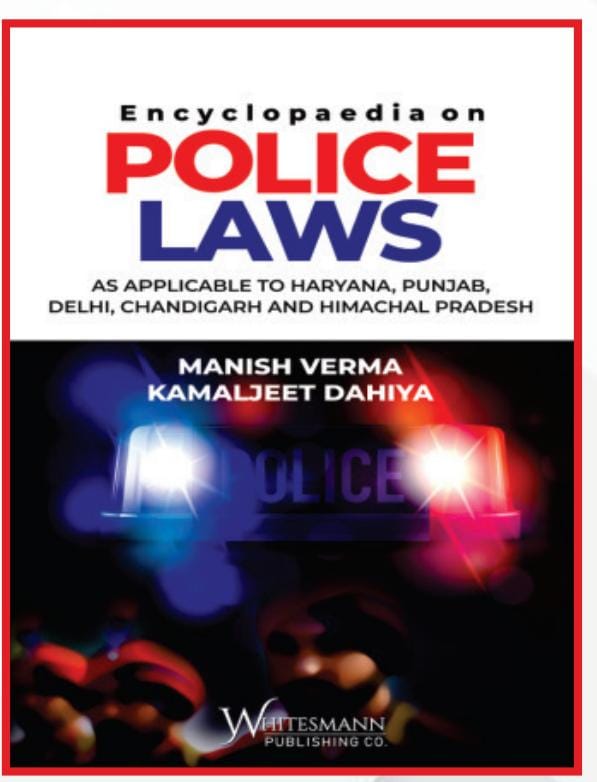
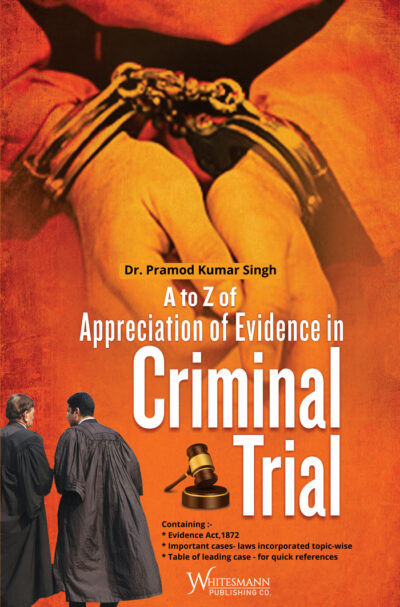
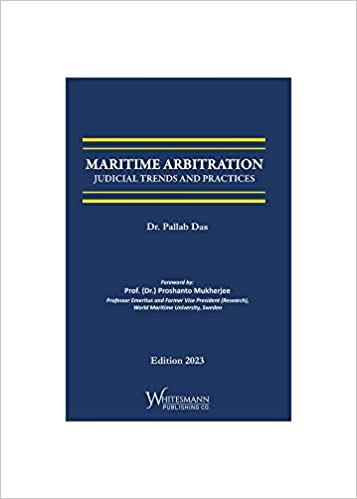
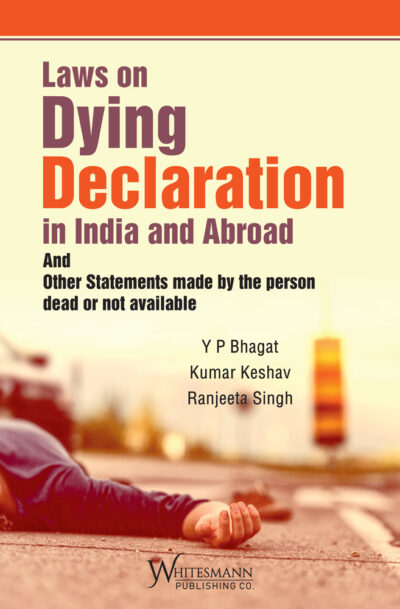
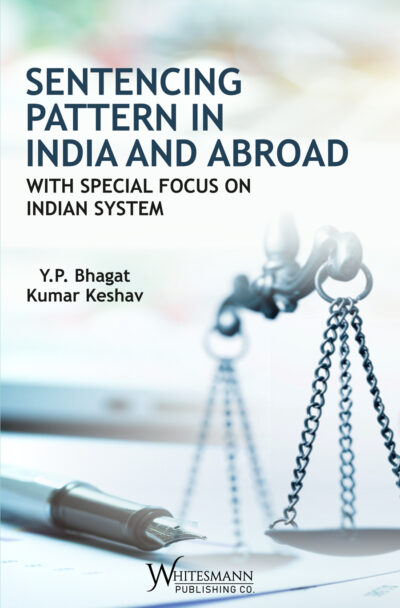

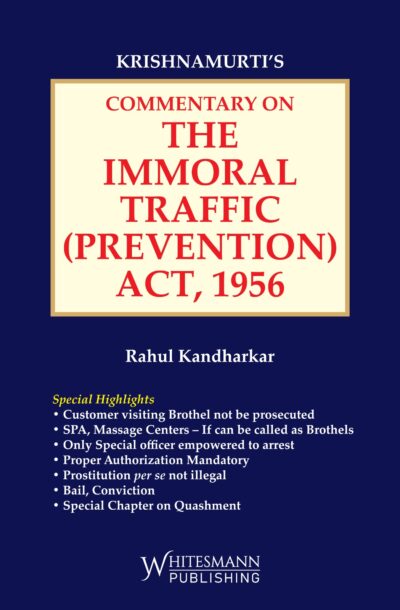


Reviews
There are no reviews yet.